
Off-Centre Stage: the COC Ensemble Studio Competition
EditorialLured by curiosity to see the up-and-comers in Canada’s opera scene, the Four Seasons Centre welcomed a healthy crowd to this year’s Centre Stage. The annual competition is a culmination of nation-wide auditions by the Canadian Opera Company; eight finalists make it to this final round, where they’re featured on the big stage, along with Music Director Johannes Debus leading the COC Orchestra.
It’s a lot of hype for one night, and only part of it is open to the public. The competitors sing one closed round before the crowd files in for the second, and after the competition is done, the singers are whisked away for a gala dinner with their colleagues - and most notably, the evening’s donors.
This year’s Centre Stage was the latest in my string of bad competition predictions. I never quite seem to get it right, this whole business of choosing the worthy winners from a line-up of skilled singers.
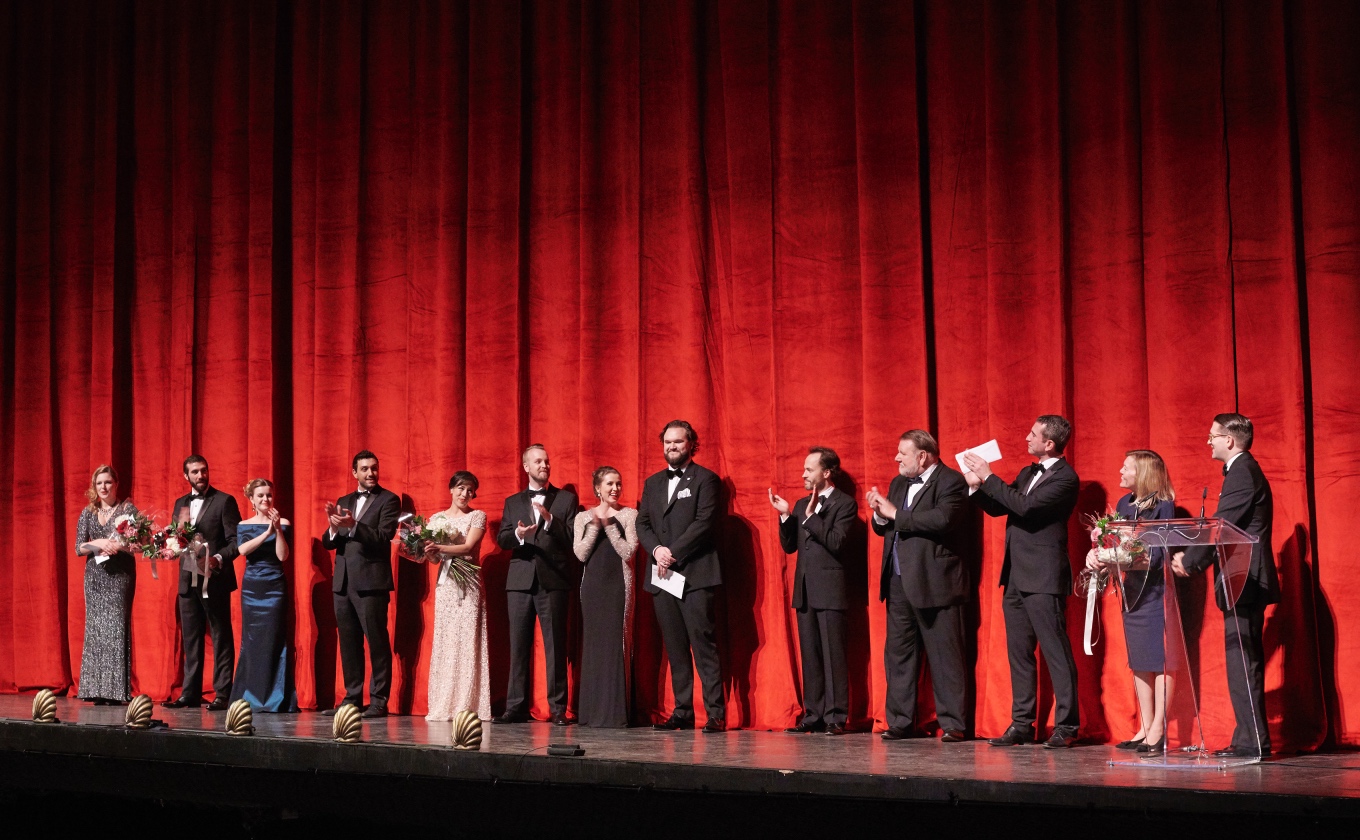
There were four singers who took home prizes from the night. Third prize went to mezzo-soprano Jamie Groot, who delivered a solid “Que fais-tu, blanche tourterelle” (Roméo et Juliette); second went to bass-baritone Vartan Gabrielian, whose “Vi ravviso” was dark and stoic; and first prize went to tenor Matthew Cairns, who deigned to offer Massenet’s “Ô souverain, ô juge, ô père” (Le Cid). The newly-established CBC Music Young Artist Development Prize - which includes a recording session with the CBC, to be broadcast on Saturday Afternoon at the Opera - went to both Cairns and soprano Andrea Lett.
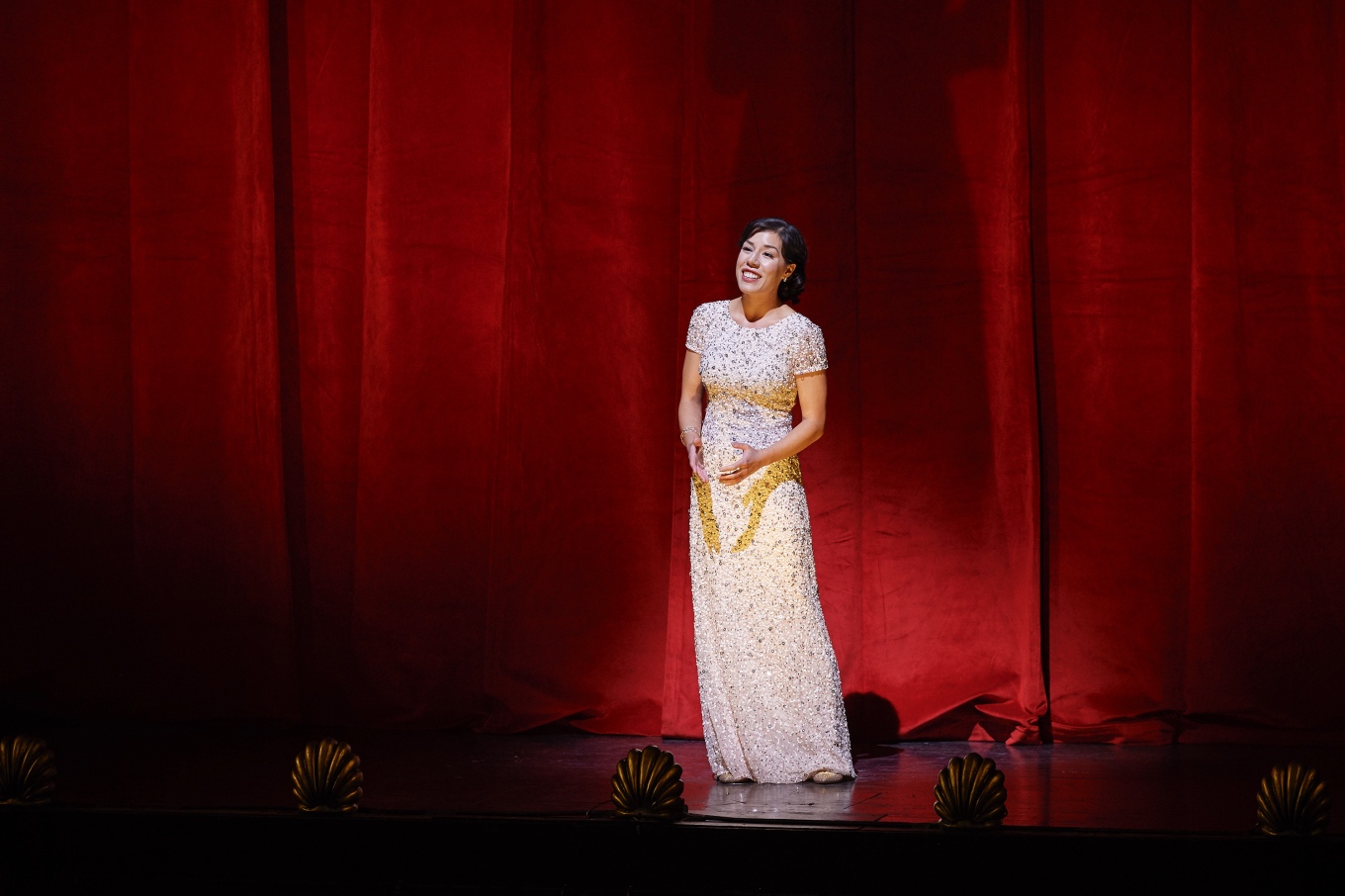
Lett, who also earned herself the Audience Choice Prize, was the sole piece of overlap between my picks and those of the Centre Stage judging panel. Lett’s “Caro nome” (Rigoletto) rang with a mature cut in the spacious theatre, and she sang with an impressive mix of intelligence and heart. I also wished great things upon soprano Vanessa Croome, whose “Tornami a vagheggiar” (Alcina) was sparkly, human, and featured what I think was a high G (in competitions, the smart singers pull out all the stops). My top three also included bass-baritone Aaron Dimoff, who crooned “O du, mein holder Abendstern” (Tannhäuser) with a lovely ease, and a mature presence that spoke volumes about his readiness to take on Canada’s major opera stage.
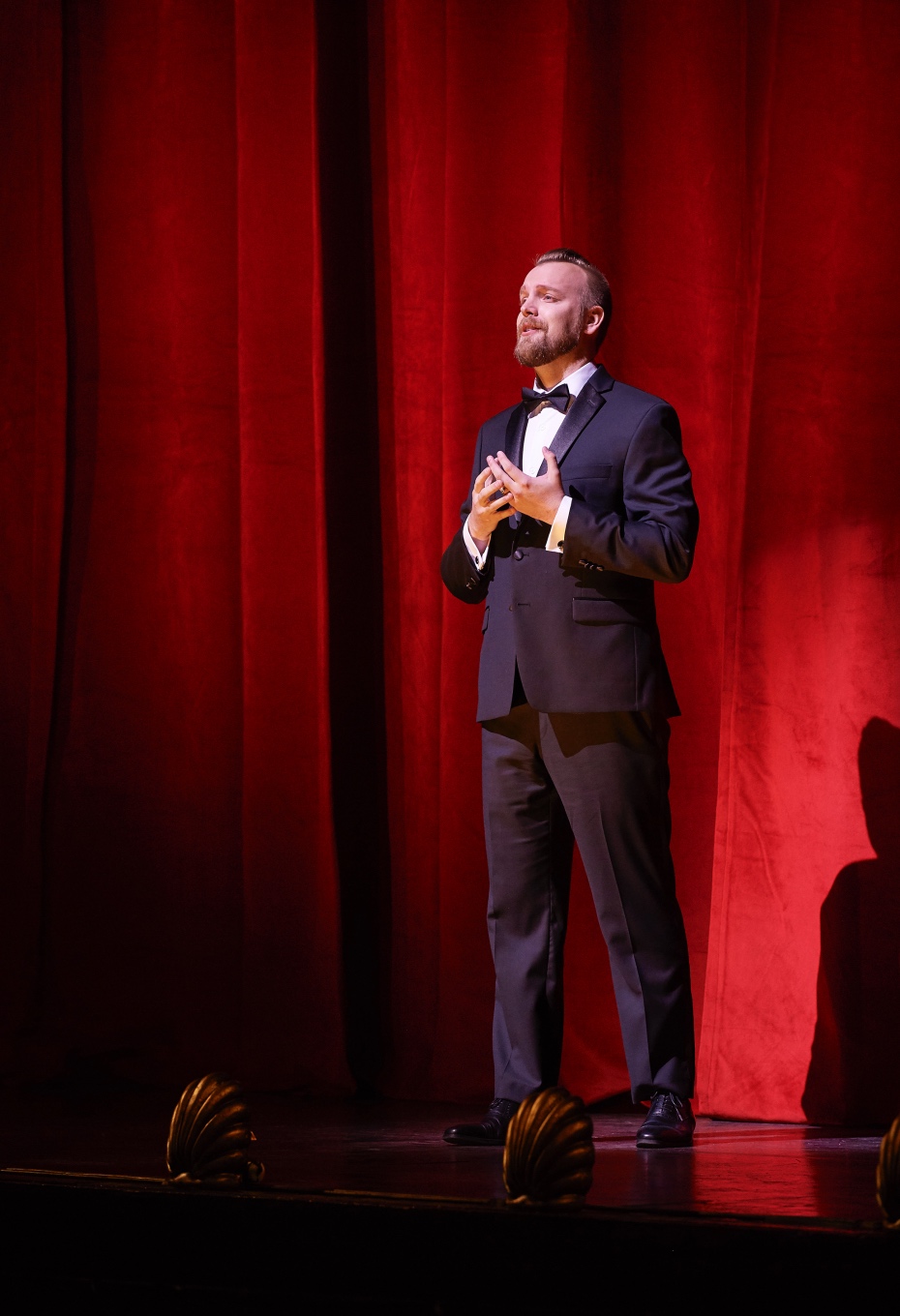
Of course, voice competitions aren’t purely about how a group of singers performs in one specific instance. They should be, but they aren’t. Case in point: Andrea Lett won the Audience Choice Prize - which is tallied by votes from the crowd - but she didn’t win any of the top three prizes. It’s the first time that I can recall an Audience Choice Winner not also winning a top prize. The audience made their decision based on what they heard - albeit a a few minutes of singing, yet the same few minutes that the judges hear - and came to a different conclusion.
“I was looking at the performance from an operatic perspective,” says fellow Schmopera contributor Greg Finney. “I feel the winners of tonight’s top prizes were great in concert, I’m curious to see their acting chops because they weren’t quite readily on display here.”
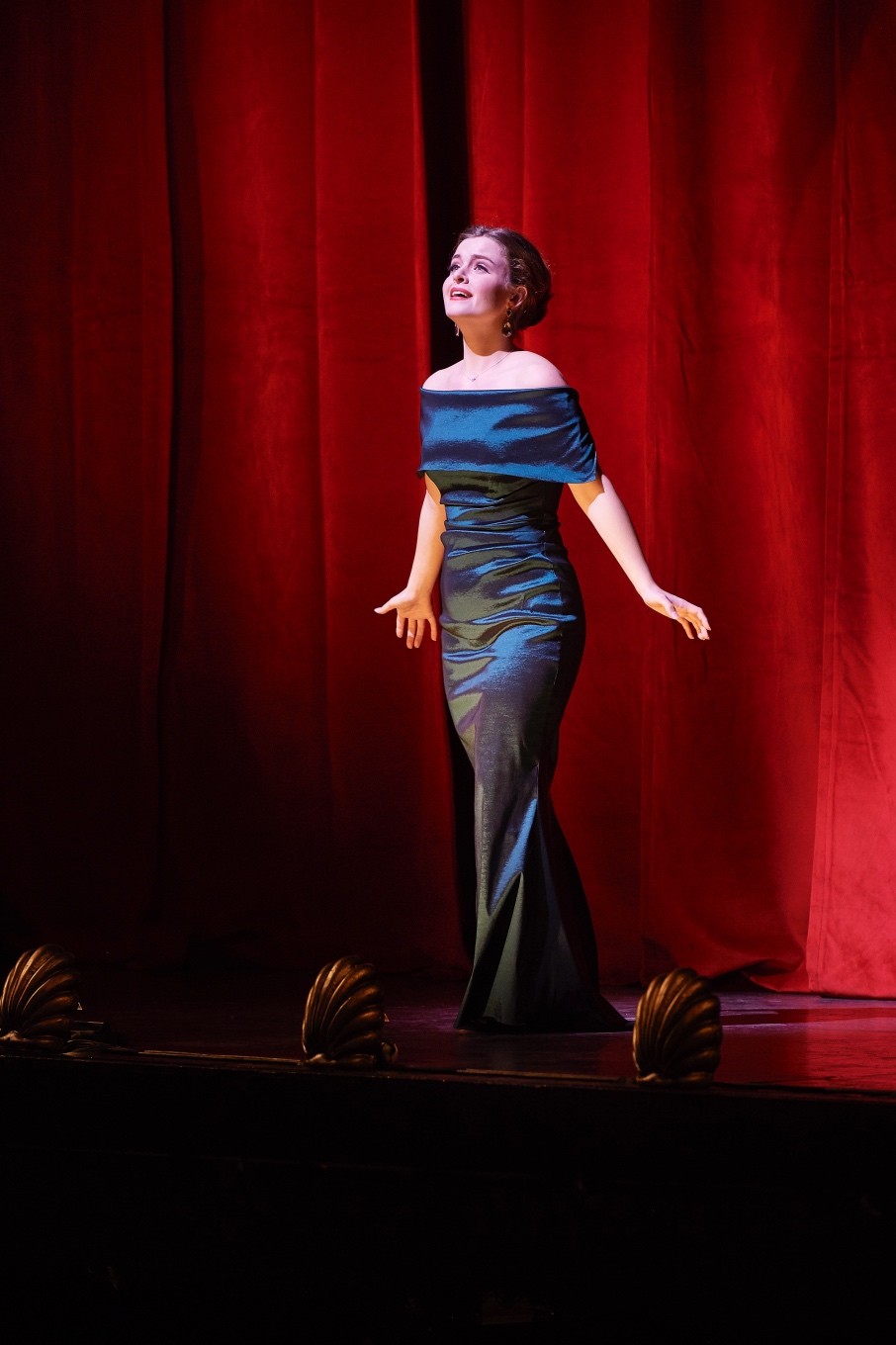
I won’t be obtusely naïve. There are donors among us, and there is a long game - perhaps better named a grand plan - coming from the Canadian Opera Company. The finalists represent the most immediate pool of young artists that the COC will consider for their Ensemble Studio Program; the Centre Stage winners may not entirely represent who sang the best on this particular evening, but they may be indicative of who the COC will foster in a semi-professional environment.
There’s no harm in applauding any of the eight finalists of the 2018 Centre Stage competition. They’ve worked hard to get where they are, and they deserve a high-profile night where eyes and ears are focused on them.
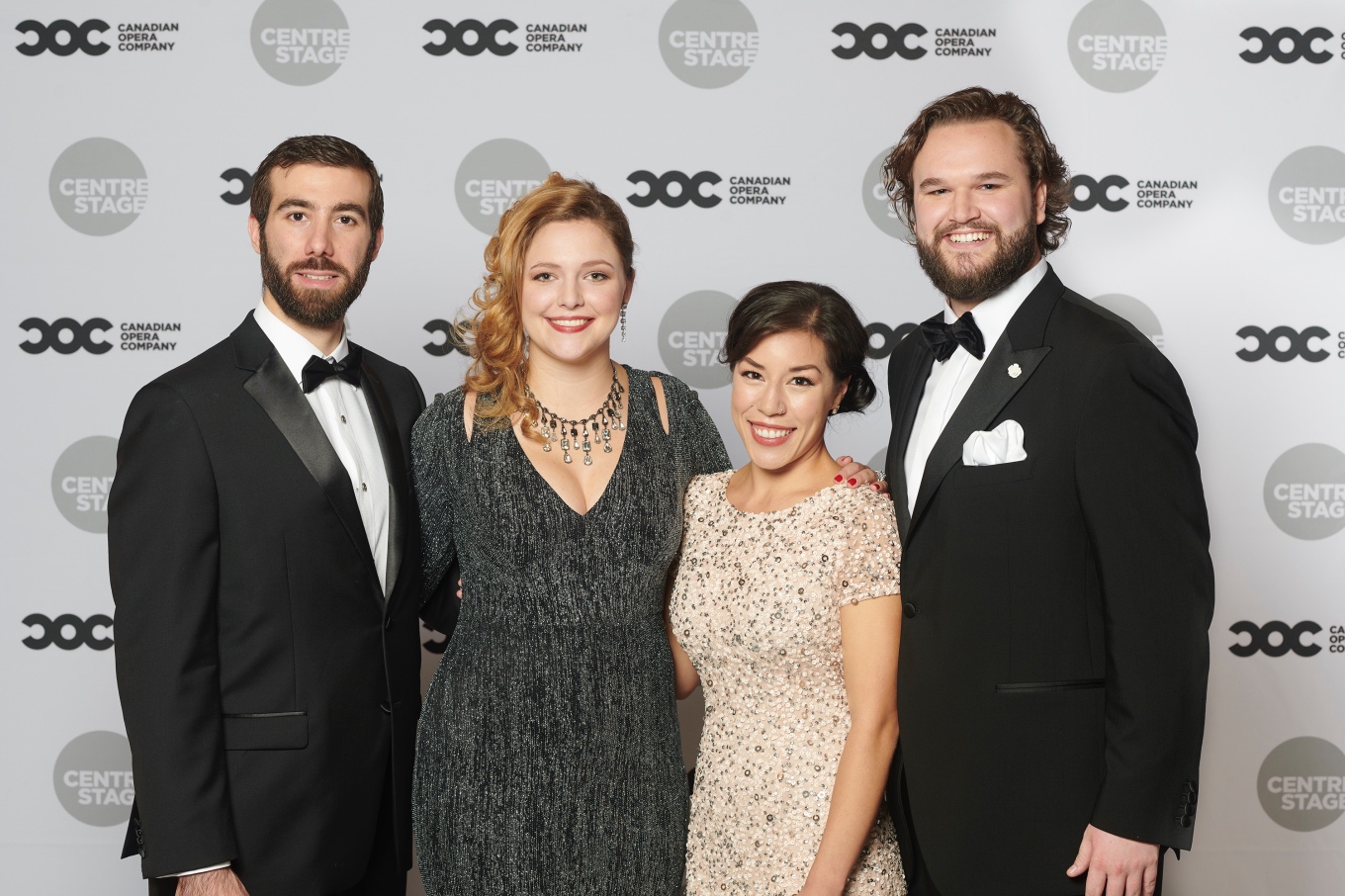
Later in the season, the COC will announce the incoming members of the Ensemble Studio for the 2019⁄20 season; let’s stay tuned for some familiar names, and hopefully, some better-late-than-never kudos for the deserving singers.

Comments